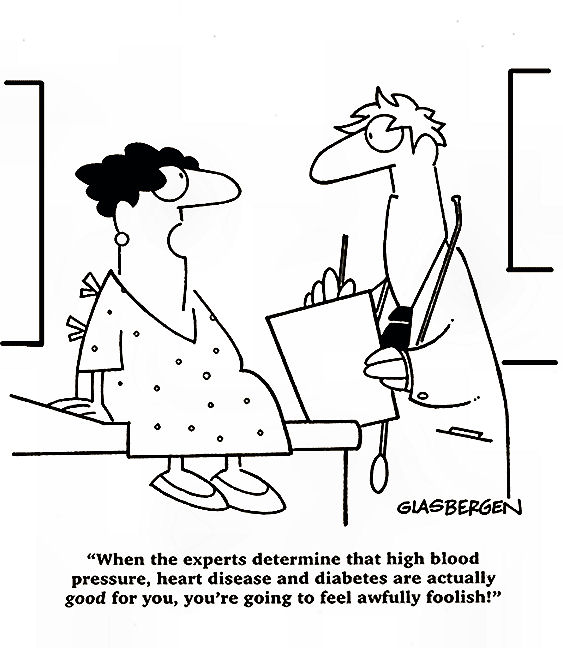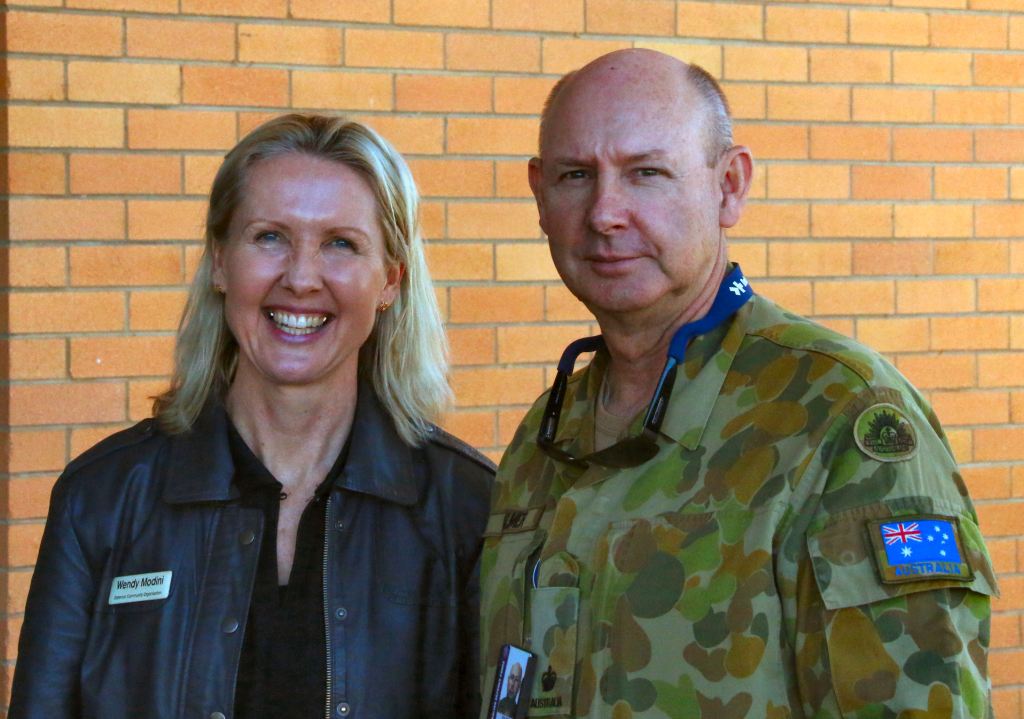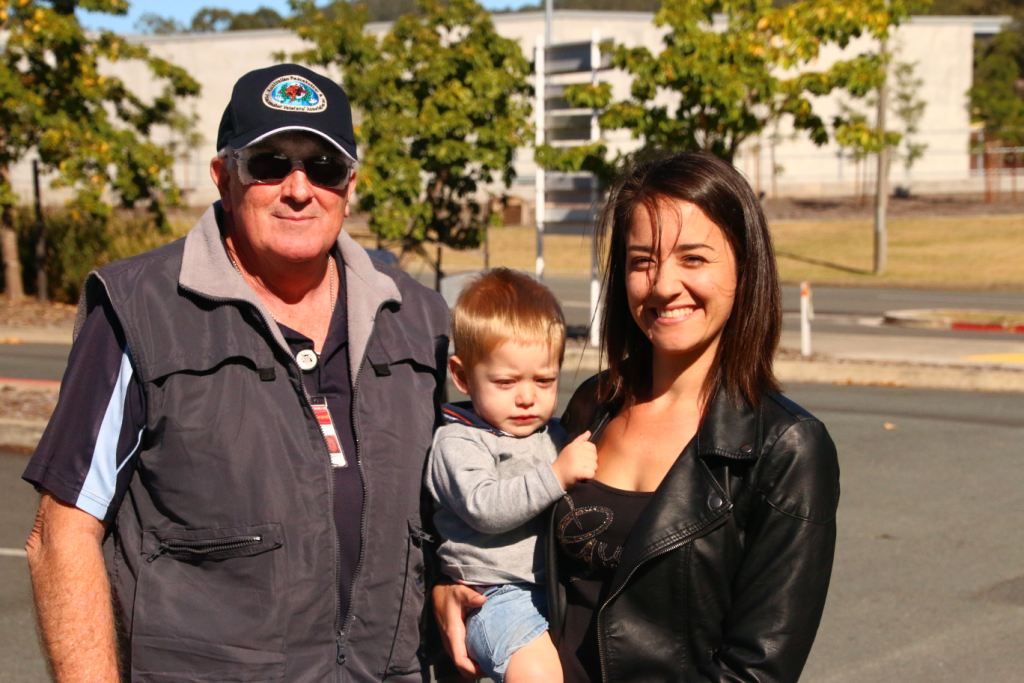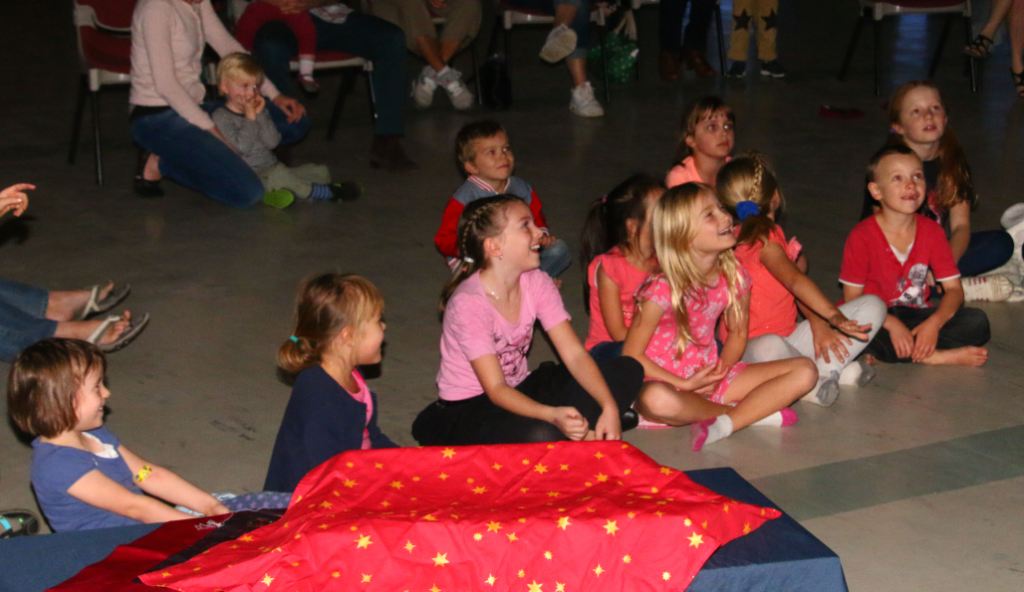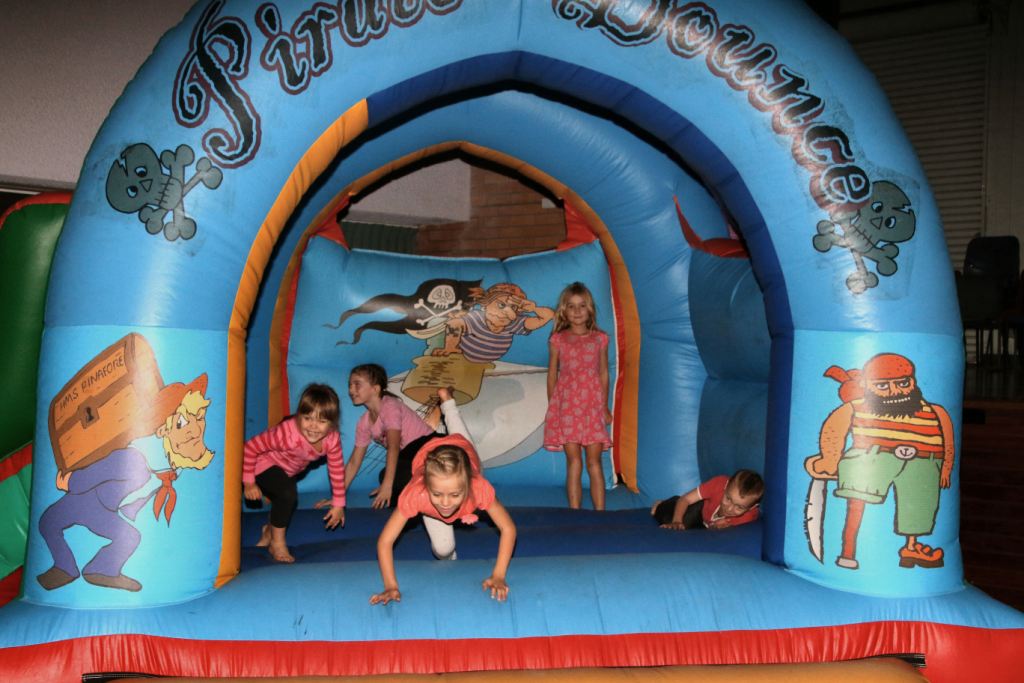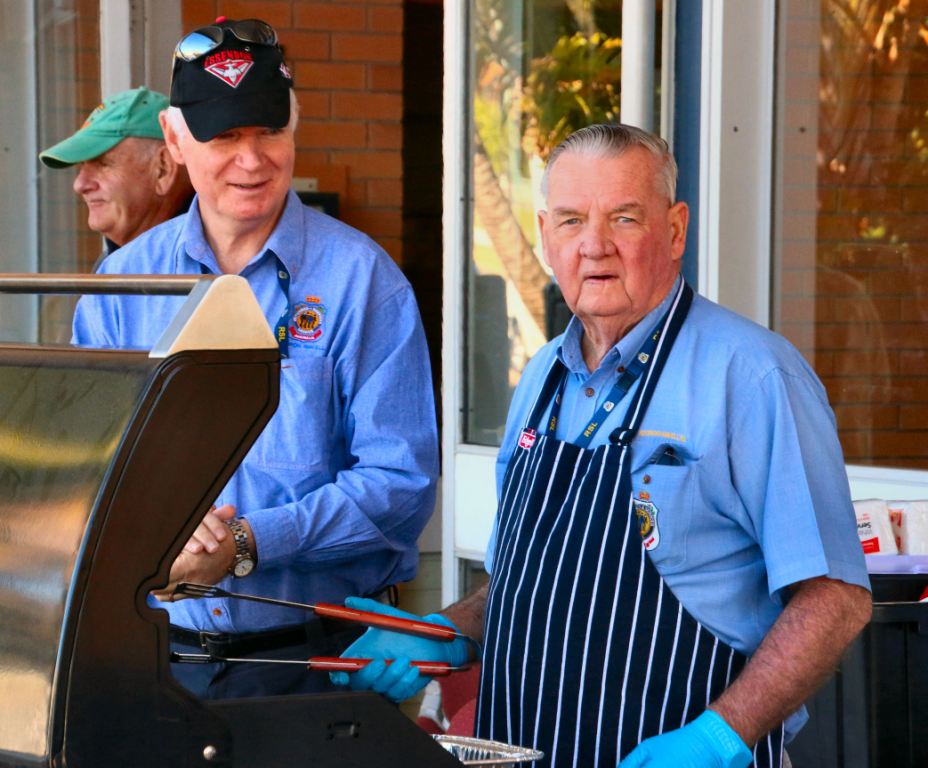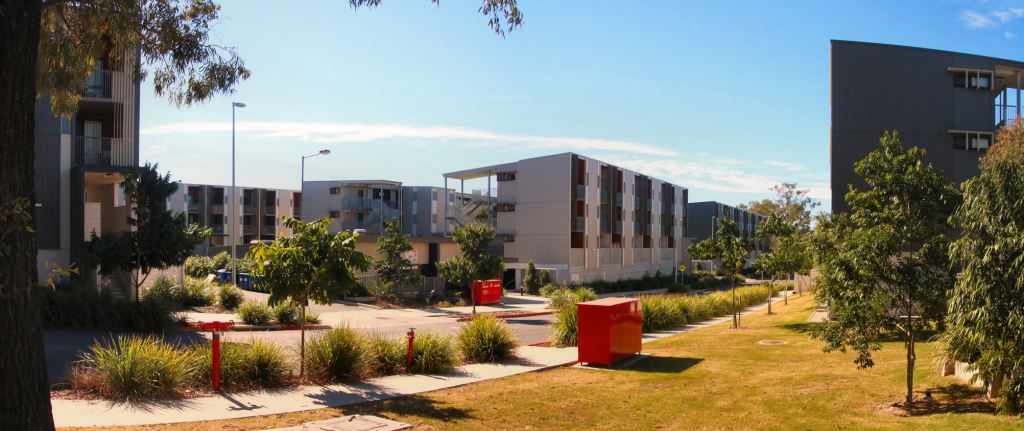|
Radschool Association Magazine - Vol 46 Page 11 |
|
Privacy Policy | Editorial Policy | Profit Policy | Join the Association | List of Members | Contact us | Index | Links |
|
Health and Life style. |
|
Back Go to page: 1 2 3 4 5 6 7 8 9 10 11 12 13 14 15 16 17 18 19 20 Forward |
|
|
|
Sleeping Problems.
If you are over 60 it will come as no surprise to hear that sleep changes as we age. Nearly a third of our life is spent asleep. Infants spend most of the day asleep. Through youth and young adulthood the pattern of sleep that we have come to accept as “normal” or “good” develops. As we grow older sleep becomes lighter and more interrupted and other factors may impact on our ability to get that “good” night’s sleep. Poor sleep impacts on our ability to enjoy daytime activities. Importantly, there are things that you can do to improve this situation. How does sleep change as we grow older? There are three important phases of sleep that go to make up a normal night’s sleep; these are:
· quiet sleep (called non-REM sleep), · deep sleep (called slow-wave or delta sleep) and · REM (rapid eye movement) sleep which is often associated with dreaming.
From young adulthood to old age there is a steady decline in the amount of deep sleep and increase in quiet sleep although the amount of REM sleep remains much the same. It may surprise you to know that in adulthood the total amount of sleep remains the same or slightly increased. Perhaps more importantly to how you feel about your sleep is that the number of awakenings from sleep increases as you age.
Sleep Apnea.
Apnea
means absence of breath. Obstructive Sleep Apnea (often just called
Sleep Apnea. or sometimes OSA) occurs when the airway collapses
during sleep and the person stops breathing. The person with Sleep
Apnea may have hundreds of these episodes throughout the night,
disrupting their sleep and starving the body of vital oxygen.
Fortunately an
Obstructive Sleep Apnea affects more than 5% of the population and is the result of an obstruction to the airway, usually as the result of a narrow airway collapsing or becoming blocked when muscles relax during sleep. (Central Sleep Apnea is a separate disorder due to disruption of the brain signals.)
Symptoms. People with obstructive Sleep Apnea usually snore loudly and have restless sleep. Often these symptoms are not noticed by the person with Sleep Apnea but by their partner who may also notice frequent pauses in breathing and snoring, lasting between 10 seconds and a minute. Each pause ends with a deep gasping noise and brief awakening as the person struggles to breathe, although the person doesn’t usually remember awakening. As a result of the problems during sleep, the person with Sleep Apnea is usually very tired during the day and as the day progresses, they may struggle to stay awake. The tiredness can affect the person’s ability to concentrate and to function well at work and it can be extremely dangerous if they become sleepy while driving.
Other symptoms which occur in untreated Sleep Apnea include depression, irritability, personality changes, impotence, memory impairment and increased frequency of urination at night.
Snoring can disrupt the bed partner’s sleep making the partner also irritable. These problems aggravate marital disharmony and family stress. It is made worse by the tiredness and lack of interest in family activities by the person with untreated Sleep Apnea.
Motor Vehicle Accidents. Research has shown that people with untreated Sleep Apnea are at least 4 times more likely to have a motor vehicle accident. Their performance is noticeably worse as their disrupted sleep leads to a reduced ability to concentrate and an increased chance of falling asleep at the wheel. When Sleep Apnea occurs in people whose occupations involve driving or operating machinery this can be a lethal combination.
Health Problems. There is a clear link between Sleep Apnea and cardiovascular disease. People with untreated Sleep Apnea have an increased incidence of high blood pressure, stroke and heart disease and damage to small blood vessels can result in impotence, Diabetes and obesity have also been linked to Sleep Apnea.
Who Gets Sleep Apnea? Sleep Apnea can occur at any age. In childhood, it is commonly the result of enlarged tonsils or adenoids or of some cranio-facial abnormality. In adulthood, it occurs more often in middle age and is more common in men than in women. It is often associated with being overweight, particular with excess fatty tissue around the neck. In people not overweight, it is likely that they have been born with a narrow airway or a facial structure which leads to narrowing. Almost everyone who has obstructive Sleep Apnea will snore, as snoring is also the result of narrow or floppy upper airways.
How Is It Diagnosed? Sleep Apnea is diagnosed from the results of an overnight sleep study. The patient is wired up and attached to computers which measure sleep, breathing rate and oxygen levels. Everyone experiences a small amount of breathing disruption during sleep, but somebody with Sleep Apnea may have as many as one hundred of these events per hour and their blood oxygen levels may become quite low.
How is Sleep Apnea Treated?
The
most effective treatment for OSA is called continuous positive
airway pressure or
Things to Avoid. There are things that can make Sleep Apnea worse and even if you are on CPAP treatment, they should be avoided. Alcohol relaxes muscles and may worsen Apnea, as may sleeping tablets which depress the drive to breathe. A person’s normal CPAP pressure may be insufficient if the person is under the effects of alcohol or sleeping tablets. Other things that disrupt sleep such as caffeine or late night eating should also be avoided.
Sources of Information. If you are concerned about Sleep Apnea you should consult your family doctor. You will need a referral from your GP before you can consult a sleep specialist. There is an organisation called “Sleep Disorders Australia” (SDA) which has branches throughout the country and holds information sessions from time to time on Sleep Apnea and other topics. Fact sheets on a variety of sleep disorders can be found on the SDA website at www.sleepoz.org.au
Insomnia.
Insomnia is the inability to fall asleep or to stay asleep. Sleep onset insomnia occurs at the start of the night when the person cannot fall asleep. But just as troubling are problems of waking during the night which is called maintenance insomnia. Most people experience difficulty sleeping at some time. Almost half of older adults experience insomnia on a few nights each week, but few of them seek help from the doctor.
What is Normal Sleep?
Length. Most people sleep between 7 and 9 hours each night. Different people may need different amounts of sleep but if you sleep less than 7 hours, you may be deprived of adequate sleep.
Falling Asleep. Some people fall asleep within a few minutes of closing their eyes but others take longer. One third of women and one sixth of men report taking longer than 30 minutes to fall asleep. Some people find this acceptable but if it is of concern, then it is classed as insomnia.
Waking at Night. Particularly as people get older, sleep becomes more fragmented and waking up briefly during the night is quite normal. If the awakenings are brief you may not remember them, however, if you wake up and have trouble going back to sleep, then this is insomnia.
Causes of Insomnia. There can be many different causes of insomnia. Some medical conditions may cause insomnia, particularly pain and respiratory problems. Some medications inhibit sleep as well as drugs such as caffeine (coffee and energy drinks) and nicotine (smoking). Worries or life events such as divorce, death or illness of a family member are also common causes. Conflicts or pressures at work may also be a factor, but when these are resolved, sleep should improve. Insomnia can be a vicious cycle, in that the more you worry about not sleeping. the harder it is to get to sleep.
Seeking Treatment. Just as there are many causes for insomnia, so there are many treatments. In most people the insomnia will get better by itself, however, if insomnia persists beyond a few weeks you should seek help from a doctor. If there is an underlying medical or psychological condition, addressing this may cure the insomnia. Psychological assistance with stress management, relaxation exercises and controlling thoughts may be helpful as may attention to environmental factors such as light, sound and temperature. Attention to simple things such as going to bed at the same time, avoiding nana naps, caffeine and alcohol and getting appropriate exercise may also help.
Sleeping Tablets. The main goal of any treatment for insomnia is to break the cycle that maintains the insomnia. Sleeping tablets may be prescribed for short-term insomnia but they lose their effectiveness after a few weeks and are not appropriate in the longer term. When you stop taking sleeping pills you may have a few nights of worse sleep. This is called rebound insomnia and is a good reason to avoid prolonged use of sleeping pills. It is usually best to reduce pills gradually rather than to stop abruptly.
Risks. Sleep disorders have been implicated as risk factors in a number of other health problems. Sleep deprivation, whether due to a reduced quantity of sleep or a disturbed quality of sleep, affects a variety of essential functions and hormone balances and contributes to an increased risk of heart disease, high blood pressure, obesity and diabetes. It affects general mental functioning, in particular, daytime alertness, memory functions and decreased learning ability. There is some recent evidence that sleep deprivation also depresses the immune system which means the body is less able to fight off viruses and infections.
Hypertension (High Blood Pressure). Hypertension is a serious medical condition that adversely affects many systems in the body. It is a major cause of atherosclerosis (thickened artery walls) and may lead to blood clots and strokes. Hypertension can also lead to heart attacks, kidney disease, vascular disease and retinopathy. Research has shown that insomnia sufferers who regularly get less than 5 hours of sleep per night are at a high risk for hypertension. People with untreated Sleep Apnea are also at risk for hypertension. Research has shown that when Sleep Apnea patients are treated with CPAP, their blood pressure goes down, not only at night, but during the day as well.
Heart Disease. Sleep Apnea starves the body’s vital organs of oxygen throughout the night. This puts a strain on the heart as it tries to compensate. Researchers have found Sleep Apnea to be an independent risk for cardiovascular diseases. When breathing recommences after an Apnea the heart muscles are called on for greater exertion just at a time when their own oxygen supply has been compromised. During recent research studies, when a group of patients with heart failure were tested in a sleep study approximately half had severe undiagnosed Sleep Apnea. Research is ongoing. but it seems clear that people with moderate to severe Sleep Apnea have an increased risk for heart attack, vascular disease and pulmonary hypertension.
Obesity.
Obesity contributes to Sleep Apnea and Sleep Apnea contributes to
obesity. In fact, most sleep disorders can contribute to obesity.
Researchers found that a group of people who
· higher kilojoules taken in. · lower energy given out, and · insulin stimulating fat storage.
In the case of Sleep Apnea, the weight gain affects the fat in the neck, and the air passage collapses more easily, leading to a worsening of the Sleep Apnea which may lead to further increases in obesity.
Diabetes. Research has shown that short sleep duration has direct effects upon the risk of diabetes, independent of its influence upon body weight and blood pressure. A study by scientists at the University of Chicago found that after restricting several healthy young adults to only four hours sleep for six consecutive nights, their ability to process glucose had declined — in some cases to the level of diabetics.
Other studies have shown that subjects who regularly slept 5 hours or less were twice as likely to develop diabetes over the 10 year follow-up as those who slept 7 hours or more. Research statistics indicate that approximately 50% of men living with diabetes also have sleep Apnea. and 50% of sleep Apnea patients tested when attending a sleep clinic were shown to have impaired glucose intolerance. Recent studies of young healthy males showed that sleep deprivation for as little as two nights increased insulin levels, increased ghrelin and decreased leptin translating into decreased glucose tolerance and an increased appetite for carbohydrate-rich foods. One research article concluded that “if short sleep duration increases insulin resistance and decreases glucose tolerance, then interventions that increase the amount and improve the quality of sleep could serve as treatments and primary preventative measures for diabetes”.
|
|
Some people can’t sleep because they have insomnia, I can’t sleep because I have an internet connection.
|
|
Brain Functioning. There has been a lot of research looking at the effects of sleep deprivation on various brain functions. People asked to perform tasks after spending a night without sleep had impaired abilities which were comparable to people under the influence of alcohol. A lack of sleep impacts most notably on a person’s attention and working memory, which can have disastrous consequences in road accidents, operating machinery, forgetting about fire hazards etc. People who are sleep deprived have impaired learning abilities, slower reaction times and poorer judgment. Severe sleep deprivation can lead to psychosis and hallucinations.
Sexual Function.
Sleep
Apnea has been shown to be associated with impaired sexual function
for both men and women. Excessive tiredness can contribute to a low
libido, as can a reduction in hormone levels such as testosterone,
which can occur as a result of Sleep Apnea. Many factors can
contribute to declining erectile function, one of which is untreated
Sleep Apnea. This can be due to blood vessel walls not expanding as
well as they should to allow for increased blood flow, or a decline
in testosterone, or impaired night time erections due to broken
sleep associated with Sleep Apnea. Treatment of Sleep Apnea using
CPAP has been shown to improve erectile function in about half of
men who have both Sleep Apnea and erectile dysfunction.
Nocturia
and Overactive Bladder Nocturia can he caused by a
CPAP treatment in Sleep Apnea patients results in improvements of their nocturia. Researchers found that the overall prevalence of overactive bladder in patients with obstructive Sleep Apnea was 39%, which is considerably higher than the average. Patients with moderate and severe Sleep Apnea are more likely to present with symptoms of overactive bladder compared with the average population.
|
|
|
|
|
|
Two newlyweds quickly realised their marriage wasn’t working and filed for a divorce. The judge asked them what the problem was. The husband replied: "In the five weeks that we’ve been together, we haven’t been able to agree on a single thing." The judge turned to the wife. He asked, "Have you anything to say?" She answered: "Yes, but it’s been six weeks, your Honour."
|
|
Family Barbecues at Gallipoli Barracks.
Some time ago we went along with the Kedron Wavell RSL Sub-Branch welfare people to give a hand at the Sunday morning brunch they put on at the Army’s Brisbane Gallipoli Barracks. For some years now the Army has hosted a regular Sunday morning barbecue for the families of their troops who are serving overseas and/or for the families with returned servicemen/women. Families are encouraged to come along, bring their kids and meet with other families, the kids can run and play with other kids, the wives and/or husbands left at home can meet with others in the same boat as themselves, can discuss any problems or worries they might have and realise that although their partner might be deployed overseas, they are not alone and the Army is always there to help.
It’s a wonderful concept and the Army should be congratulated for their compassion.
Three times a year, Kedron Wavell provides volunteers to put together the barbecue and we went along again on Sunday the 15th June to give a hand.
(Click these pics for the HD version which you can download).
|
|
Wendy Modini and Major Graham Palmer. |
|
Major Graham Palmer, the 7th Brigade Welfare Officer, gives up his Sunday to oversee the morning and to meet with and help any of the families as does Wendy Modini who is with the Defence Community Organisation (DCO). The DCO provides a broad range of programs and services to help Defence families make the most of the challenges and opportunities provided by the military way of life. They provide a 24 hour Defence Family Helpline, staffed by qualified human services professionals including social workers and psychologists. Time apart from families due to deployments, training or other Service requirements is an integral feature of Defence life and these days the Army provides assistance as and when it is required.
Wendy and the DCO provide partners of ADF members with access to funding for education and employment services to enhance their career options and to help them secure employment when posted with their partner. They also help partners develop stress management strategies and build on their strengths and resilience and they work with Commanding Officers to support the welfare of ADF members and their families. What a shame it was not available back in the late 1960’s, early 1970’s when a heap of mixed up young men returned from Vietnam, but it is there now and congratulations must go to the Army.
|
|
Phil Lilliebridge and Elizabeth Digby. |
|
|
|
Phil, who spent some time at Gallipoli Barracks during his Army career, is the Welfare and Ceremonial Officer with the Kedron Wavell RSL Sub-branch and he organizes the troops who come along and help with the Barbecue. A number of RSL Sub-Branches take it in turns to provide “snag-turners” for the barbecues and Kedron Wavell have the responsibility for 3 Sundays each year.
Someone told us that Phil would run 10 miles in order to have his photo taken with a pretty girl, we don’t know if there is any truth in that rumour, but we did notice he was quick to volunteer to have his pic taken with Elizabeth.
We spoke with several more mums and dads, all of whom appreciate the chance to bring the kids onto the “Base” for a barby and a bit of fun.
|
|
Dear alcohol, we had a deal where you would make me funnier, smarter and a better dancer. I saw the video, we need to talk!!
|
|
Jen Greenwood with her little charges, from left: Talian, Alice, Saskia, Isabella, Eli and little Zac taking it easy in the pusher.
|
|
|
|
Easy to entertain the kids, give them a snag in a piece of bread, a bit of tomato sauce, a glass of red cordial, a couple of biscuits in a small pack, a run around for a while then sit them all down and show them some magic tricks.
|
|
Then head them towards the jumping castle to burn off any left-over energy.
|
|
Whenever Kedron Wavell is rostered on as the duty barbecuer it's "look out" for anyone who thinks they can stand at the Barby. It’s a well-known fact that Darryl is the undisputed king of the tongs and defends his turf like a raging bull. They say someone once tried to don the apron but was immediately met with the Gould evil eye and being an astute person, very quickly ceased his catering aspirations, moved to the rear and thereafter thought himself lucky being able to unwrap the bread with all his major limbs still intact.
People who were at Gallipoli Barracks in the past would be very surprised at the amount of work that has taken place since 2008. Defence has earmarked a total of $788M to be spent on improvements and it shows. Rows and rows of wonderful new accommodation buildings have been built, storage sheds, workshops, messes, entertainment precincts and a fabulous new gymnasium area are already in place and still work continues. See HERE.
The Army, she ain’t what she used to be.
|
|
Part of the new accommodation buildings on the Base. |
|
|
|
There were three Indian squaws. One slept on a deer skin, one slept on an elk skin and the third slept on a hippopotamus skin. All three became pregnant. The first two each had a baby boy. The one who slept on the hippopotamus skin had twin boys. This just goes to prove that... the squaw of the hippopotamus is equal to the sons of the squaws of the other two hides. Sorry Rupe.
|
|
|
|
Back Go to page: 1 2 3 4 5 6 7 8 9 10 11 12 13 14 15 16 17 18 19 20 Forward |
|
|
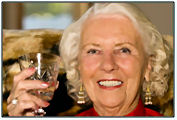
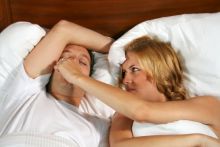 effective treatment is available which will allow the person to lead
a normal healthy life.
effective treatment is available which will allow the person to lead
a normal healthy life. 
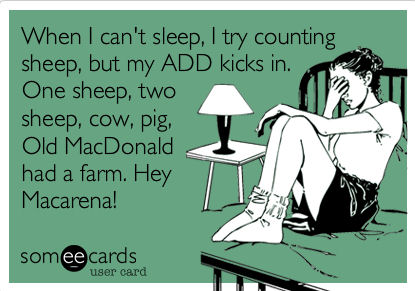

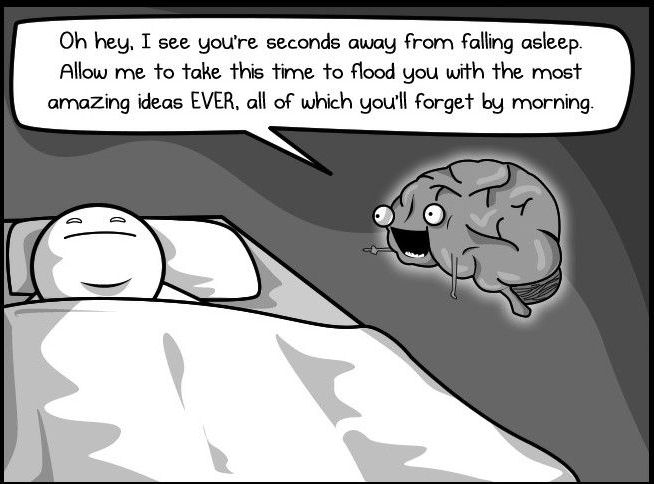
 were restricted in sleep had falls in their
were restricted in sleep had falls in their 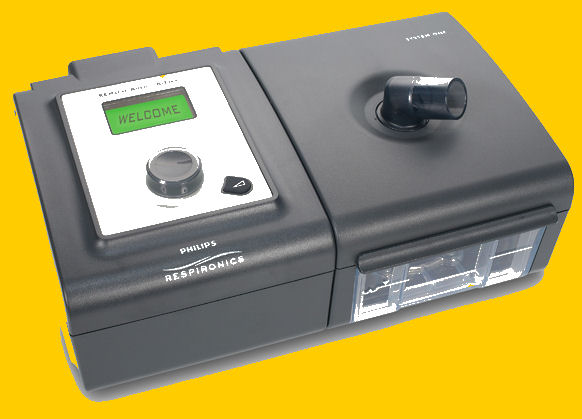 variety of factors including inadequate functioning of the heart
muscle, benign prostate hyperplasia and overactive bladder.
Increased nocturia in patients with Sleep Apnea is believed to be
caused by elevated night time excretion of a protein secreted by
heart muscle cells in response to high blood pressure.
variety of factors including inadequate functioning of the heart
muscle, benign prostate hyperplasia and overactive bladder.
Increased nocturia in patients with Sleep Apnea is believed to be
caused by elevated night time excretion of a protein secreted by
heart muscle cells in response to high blood pressure. 